Financial translation is one of the most complex fields of translation, and it deals with important data and critical financial documents. One of the major reasons to hire professional financial translation services is to get accurate and error-free results. It’s important to choose certified, experienced and subject-matter experts to get your financial content translated flawlessly.
Any random translator with good command over the required language pair won’t do justice to financial translation, and you can’t rely on them for quality results. Therefore, you need professional assistance. Read on to find out more about what is financial translation, how to get flawless results, what errors to avoid, and a lot more!
Financial translation deals with the translation of documents that are related to finance, banking, and the economy. It contains multiple ranges of documents that show the liquidity and solvency of the business.
Financial translation is very critical because any error in financial translation can turn profits into losses. Moreover, with mistranslation, you cannot make a rational investment decision for your company on time.
Thus, for financial translation, you require proficient translators that are also subject-matter experts in their fields and also possess prior experience.
If you have opened a subsidiary of your business in another country, then you need to maintain the financial documents to check the inflow and outflow of money.
Error in financial translation can put your subsidiary at loss. Moreover, it will ruin your company’s reputation. Let’s have a look at documents that require financial translation.
◘ Business plans
◘ Prospectuses
◘ Balance Sheet
◘ Income Statement
◘ Regulatory documents
◘ Cash Flow Statements
◘ Annual Reports
◘ Auditor’s reports
◘ International Financial Reporting Standards (IFRS) documents
◘ Equities
◘ Bonds
◘ Commodities
◘ Foreign exchange
◘ Tax reports
◘ Documents related to insurance
◘ Reports for the securities and exchange commission
◘ Public and private offerings
◘ Disclosures
◘ Disclaimers
◘ Financial agreements
◘ Benefit statements
◘ Public and private offerings
◘ Client meetings
◘ Application forms
◘ Retirement plans
◘ Public and private offerings
◘ Employee benefit meetings
From the above-mentioned different types of financial documents. The translation style of every document is different. Therefore, financial translators should know how to translate the various types of documents while keeping accuracy in view.
To provide precise and accurate financial translation services, the financial translator follows some practices that are according to the requirements of the people.
Global companies have to deal with multilingual staff. Therefore, translation is very important for them. To communicate with the stakeholders and to make them understand the finance of the company, financial translation services play a pivotal role.
Many global companies require translation and interpretation services in their annual conferences and board meetings.
When you have to apply for a loan in a foreign country, then you should keep this thing in mind they have to fulfill their rules and regulations to provide you with the loan.
They see your credibility and whether you will be able to pay back the loan in the required span or not. For this reason, they need the translation of documents that you have submitted to the credit department.
These documents also include legal paperwork. As people submit documents for different businesses. Therefore, business and marketing translation is also required.
Proficient translators should have related knowledge of finance so that they can understand the source document which is in a complicated language and translate the difficult finance technology in such a way that it is understandable by the common man.
The translator should know both native and foreign languages. In this way, they can deal with every type of financial client. This shows that a financial translator should be a subject-matter-expert of its field and possess experience in its domain.
Otherwise, the bank will lose its credibility. Legal jargon and numbers hold great importance in the banking sector, especially when entrepreneurs are applying for loans and doing global financial transactions.
Like other fields, the Finance sector also has specific terminology that is hard to translate. For translating the financial document, the translator should know the background and history of the document.
A proper understanding of the issue in the document will make the translation process easy. For this purpose, the translator should do little research.
This is very important for providing financial translation to global companies and banks. After analyzing the document, the translator should find errors and confusion in the content and rectify them.
This is a very important step to consider before starting the financial translation. It will help in minimizing the errors. If the translator is finding the document ambiguous, then he should clarify the information first.
Analyzing the document before translation will help the translators to complete the translation without any hurdles. Additionally, they can finish the translation project on time.
There is no second thought that English is a global language and many financial institutions use it on a global level. However, many countries want their financial documents in the language that they understand.
In the case of board meetings and conferences, they require interpreters because they don’t want any financial term or concept to be misunderstood.
Most financial documents deal with factual information based on numbers and dates. Therefore, it is very important to avoid errors. Perfection is required in financial translation.
The financial translators should have complete knowledge of global banking and business finance. The financial landscape is dynamic and flexible, so the translator should keep himself aware of the latest things introduced in the financial sector. Continued learning is very important for the financial translator.
Numbers in the world are written in different formats. For instance, people living in Australia, New Zealand, the United States, and Canada use decimals. However, Quebec society uses a comma.
People living in Central America and the countries that are near to them use decimal. They called it a decimal point. However, countries in South America use a comma to separate the decimal.
The same practice is followed in Zimbabwe, South Africa, and Cameroon. The people living in Kenya, Nigeria, and Botswana also use the decimal point.
In Asian countries like Sri Lanka, the Philippines, Malaysia, China, and Japan, people use decimal points whereas people of Indonesia and Mongolia use decimal commas.
If commas and decimals are not translated properly, they can change the entire calculation. Thus, the financial translation should be precise and accurate and the translator should follow all the latest practices that are followed in the financial field.
He must be subject-matter-expert. In addition to it, he should use the right financial terminology and should possess’ organizational skills. In case of ambiguity in the financial document, he should communicate with the client.
One of the important things to keep in mind in financial translation is understanding the unique terminology and keeping yourself with any new change that is happening in the financial world.
The translators can face a challenge in this regard because financial terminologies are not updated in every region. Therefore, it becomes difficult for translators to select an equivalent word in the target language.
Due to this problem, the translator should have a specialty in his field so that he can translate the financial content with accuracy.
The financial terminology used in every region is different, so the difference in terminology makes the financial translation very challenging.
For example, a translator who is proficient in business finance can only provide you with the right terminology word that is suitable for the document.
Another important thing to note is that a global company that has subsidiaries in many countries needs a translation memory for related words in every language.
For this reason, they must hire a professional translation agency. The translation agency makes a translation memory to ensure that you need not translate the financial terms again that are already translated and to keep consistency in the financial translations.
The financial rules of each country are different. Therefore, the financial translator should be aware of and understand the financial rules and regulations that vary in different countries and follow them.
For instance, a businessman that wants to open a subsidiary in the United States needs to abide by the rules and regulations of the U.S. Securities and Exchange Commission in their business documents.
Moreover, the documents have to be translated before they are submitted. Therefore, the entrepreneur or businessman should partner with the translation agency because they know the regulations for each sector and make the documentation process for starting the business easy.
The financial data of each organization is very secretive. All their investment decisions demand it. Any breach of this data will result in heavy losses and lawsuits. Moreover, your competitors can take advantage of financial information.
Therefore, you should be very careful in selecting a reliable and professional translation agency. Make sure that the translation agency that you select should have a clear information security management system and hold a great reputation for keeping financial data confidential.
The success of global companies depends upon precise and accurate financial translation services. For this, you must hire a professional translation agency that can provide you with financial translations of 100% quality. The leverage of hiring a translation agency is that they have a team of native translators that are subject-matter experts in finance. Moreover, they assign your translation project to a translator that is proficient in his subject and has prior knowledge in the field. Additionally, the translation agencies also ensure the confidentiality of the data.
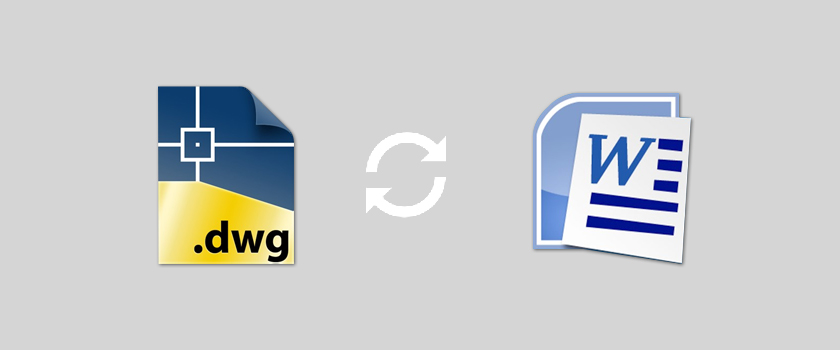
dwg: It means a drawing file save format created by AutoCAD, and now has been the standard format of 2D
Read More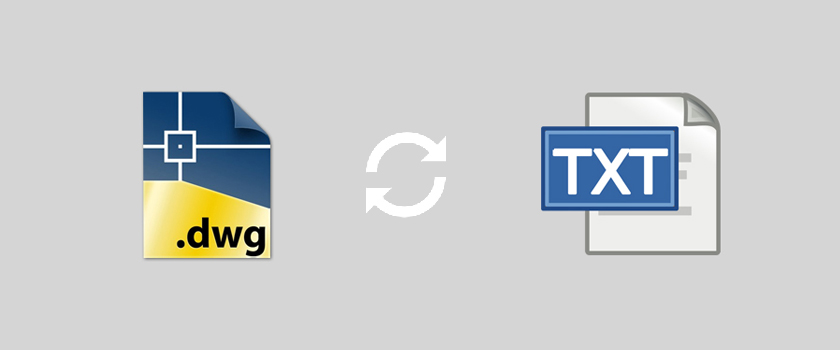
dwg: It means a drawing file save format created by AutoCAD, and now has been the standard format of 2D
Read More
Mars Translation can help you extract the texts in a DWG file and convert them into a Word file so
Read More
dwg: It means a drawing file save format created by AutoCAD, and now has been the standard format of 2D
Read More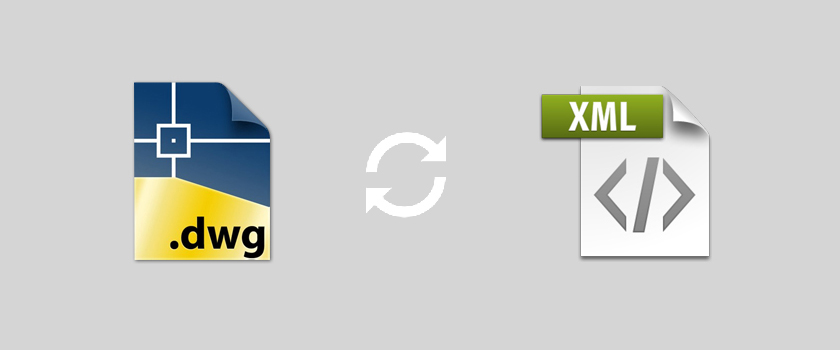
dwg: It means a drawing file save format created by AutoCAD, and now has been the standard format of 2D
Read More
MarsTranslation can help you extract the texts in a DWG file and convert them into a XML file so that
Read More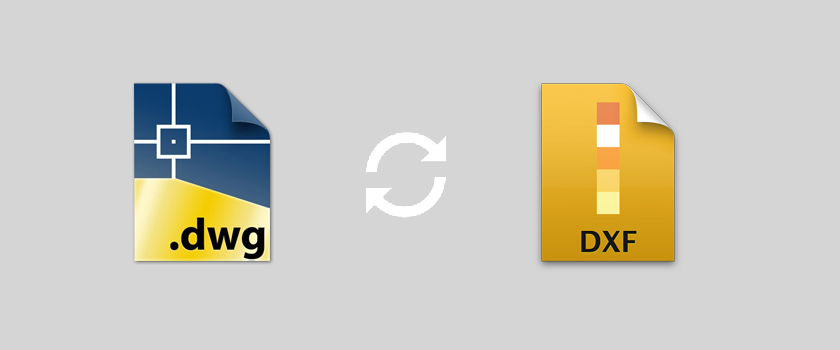
If you are a designer you are bound to find yourself in situations when you have to convert your DWG
Read More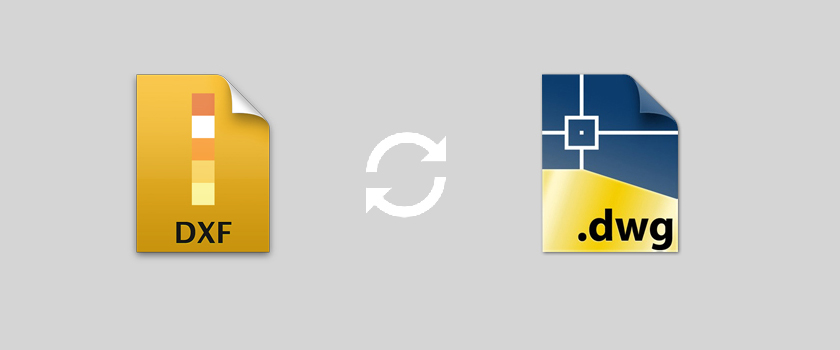
dwg: It means a drawing file save format created by AutoCAD, and now has been the standard format of 2D
Read More
MarsTranslation can help you extract the texts in a DWG file and convert them into a Word file so that
Read More


Document Translation
Professional document translation by native expertsApp Localization
Get more downloads by adapting your app for different target marketsVideo Translation
Multilingual translation and subtitling servicesWebsite Localization
Adapt your website into multiple contexts for global reachSoftware Localization
Adapt your software for global usersGame Localization
Reach new players with localized gameplayMTPE
Refine AI translations for natural fluencyBusiness Translation
Professional translation for business documents and websitesDTP & File Conversion
Professional DTP and File conversion, supporting multiple file formatsProofreading
Perfect your content with expert review© Copyright 2026 MarsTranslation